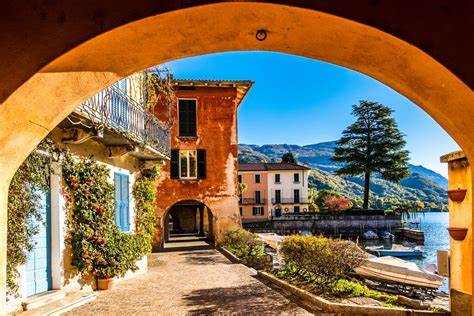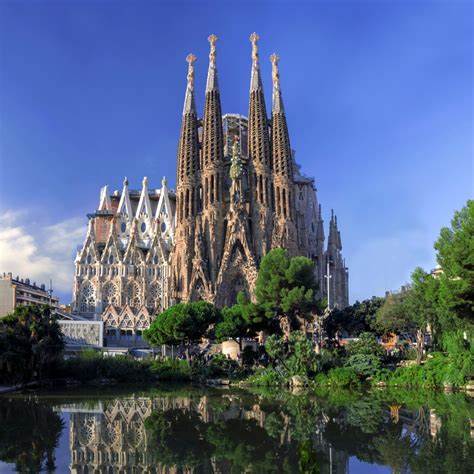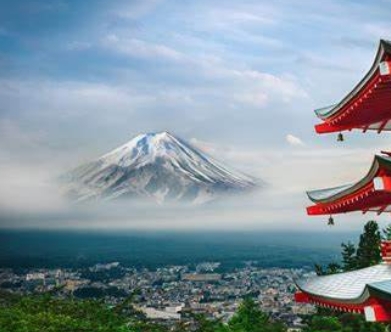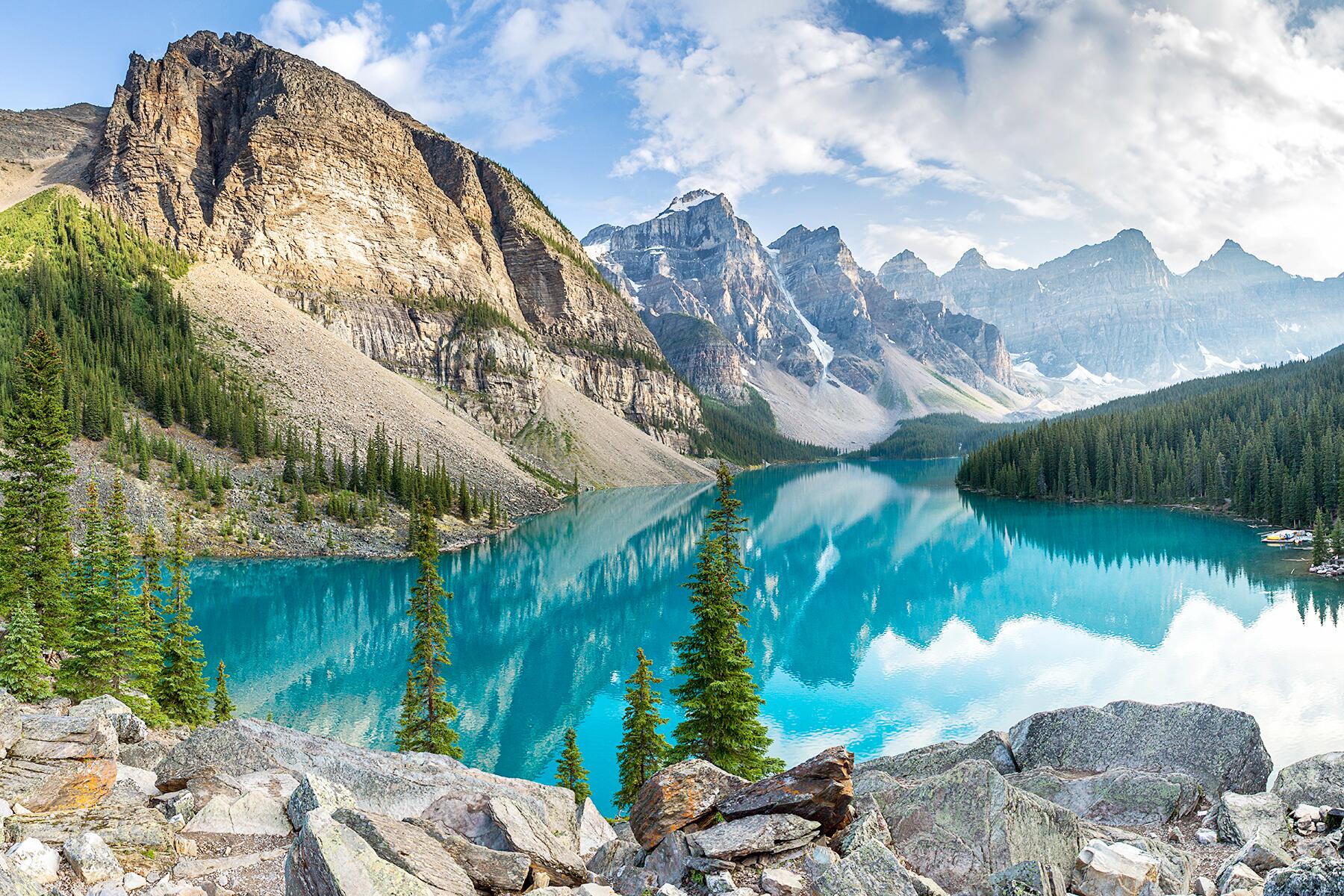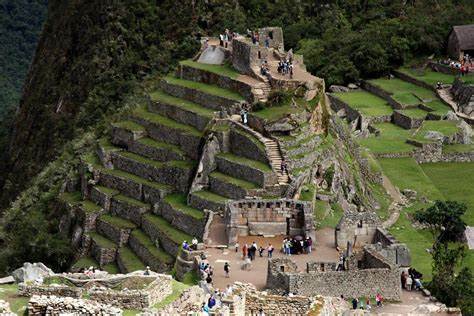Italy, with its magnificent cities, enchanting countryside, and world-class cuisine, has always been one of the top travel destinations. As tourism continues to evolve, Italy is embracing new trends that highlight sustainability, local traditions, and a focus on cultural experiences. From the rolling vineyards of Tuscany to the charming streets of Venice, Italy offers travelers a unique opportunity to immerse themselves in its rich heritage while supporting responsible travel practices. Whether exploring ancient ruins, savoring exquisite local wines, or participating in traditional Italian cooking classes, Italy offers something for everyone in a way that celebrates both the environment and culture.
Sustainable Tourism in Italy: Preserving Heritage While Embracing the Future
Sustainability has become a key focus for Italy, with many regions and businesses working to reduce their environmental footprint and preserve the country’s rich cultural and natural heritage. Travelers are increasingly seeking eco-friendly experiences, and Italy has responded with a variety of sustainable initiatives. The country has been working to promote green tourism, especially in rural areas where traditional farming and craftsmanship are still very much alive.
In regions like Tuscany and Umbria, agriturismo (farm stays) has become an increasingly popular way for visitors to experience authentic Italian life while supporting sustainable farming practices. These rural accommodations allow travelers to stay on working farms where they can participate in activities such as olive harvesting, wine making, and cooking with fresh, locally sourced ingredients. Additionally, Italy’s extensive network of cycling paths, such as those in Puglia and along the Amalfi Coast, encourages environmentally friendly travel while allowing visitors to enjoy stunning landscapes at a slower pace.
Many Italian cities, such as Milan and Florence, are also becoming champions of sustainability. Milan, known for its fashion and design scene, has made strides in reducing its carbon emissions and promoting green initiatives in both the private and public sectors. The city has introduced bike-sharing systems, green building certifications, and a variety of sustainable fashion events. Florence, the heart of the Renaissance, is focusing on preserving its historical monuments while promoting energy-efficient hotels and restaurants. The use of solar energy and eco-friendly transportation options, like electric buses, is growing in these cities, offering travelers a more sustainable way to explore.
Culinary Travel in Italy: From Farm to Table to Fork
Italian cuisine is one of the main attractions for visitors, and it’s no surprise that food tourism continues to grow in popularity. Italy’s culinary scene is deeply rooted in the tradition of using fresh, local ingredients that reflect the region’s unique geography and culture. From the rich olive oils of Tuscany to the seafood delights of the Amalfi Coast, Italy offers a wide range of food experiences that emphasize seasonality, sustainability, and local sourcing.
In regions like Emilia-Romagna, travelers can experience the joy of freshly made pasta and Parmigiano Reggiano cheese at its source. In Sicily, visitors can tour lemon groves and olive farms while tasting some of the best citrus and olive oils in the world. Italian wine tourism is also flourishing, with wine lovers flocking to regions such as Piedmont, Tuscany, and Veneto to explore centuries-old vineyards and taste exquisite wines like Barolo, Chianti, and Prosecco. Many vineyards in these regions are embracing organic and biodynamic farming practices, allowing visitors to not only enjoy world-class wines but also support sustainable agriculture.
Italy’s commitment to the farm-to-table movement is evident in its culinary experiences. In addition to farm stays, cooking schools are becoming a must for many travelers who want to learn how to prepare traditional Italian dishes using fresh, local ingredients. From making pasta by hand in a Tuscan villa to preparing seafood risotto in a Venice kitchen, these cooking classes are a great way to connect with Italian culture while honing culinary skills.
Cultural Immersion: Experiencing Italy’s Rich Heritage
For many travelers, Italy represents the perfect blend of history, art, and culture. The country’s cities are filled with masterpieces of art and architecture, and every region offers a unique cultural experience. In Rome, tourists can walk in the footsteps of emperors while exploring iconic landmarks such as the Colosseum, the Roman Forum, and the Pantheon. Venice offers a unique blend of history, art, and architecture, with its labyrinth of canals, colorful buildings, and art galleries that house works by the likes of Titian and Tintoretto.
Travelers seeking a more immersive cultural experience are increasingly looking to engage with local communities and traditions. In Florence, visitors can participate in workshops on Renaissance art, from fresco painting to leatherworking, while in Naples, tourists can take cooking classes that teach the art of making traditional Neapolitan pizza. This kind of cultural immersion, where travelers participate in hands-on activities and meet local artisans, is becoming a key trend in Italy’s tourism sector.
Italy’s small towns and villages also offer a more intimate experience with local culture. Towns like Matera, known for its ancient cave dwellings, and Orvieto, perched on a hill with sweeping views of the surrounding countryside, provide opportunities for travelers to explore lesser-known parts of Italy while supporting small businesses and traditional crafts.
Wellness Tourism: Rejuvenation in Italy’s Tranquil Settings
Italy is also becoming a sought-after destination for wellness tourism, where visitors can unwind and rejuvenate in some of the country’s most tranquil settings. The country’s natural hot springs have long been known for their therapeutic properties, and many wellness resorts are located in scenic regions like Tuscany, Lazio, and the Dolomites. These resorts often combine spa treatments with yoga, meditation, and nutrition workshops, allowing travelers to experience the healing benefits of both nature and Italian wellness practices.
In Tuscany, visitors can indulge in a variety of wellness experiences, from luxurious spa treatments using local products like olive oil and wine to tranquil walks through vineyards and olive groves. The region’s rolling hills and peaceful countryside create the perfect environment for relaxation and rejuvenation. Similarly, the thermal baths in Tuscany, such as those in Saturnia, are perfect for unwinding while surrounded by nature.
In addition to spa retreats, Italy’s focus on slow food and mindfulness is an integral part of its wellness tourism offerings. Travelers seeking relaxation can enjoy the slower pace of life, whether it’s savoring a leisurely lunch in the hills of Umbria or practicing yoga on the shores of Lake Como.
Slow Travel: Discovering Italy at Your Own Pace
The growing trend of slow travel has taken off in Italy, where visitors are opting to explore regions more leisurely, focusing on deeper, more authentic experiences. Instead of rushing through major cities, travelers are spending time in small towns and rural areas, immersing themselves in local culture, food, and traditions. In places like the Cinque Terre, visitors are taking time to hike between villages, savoring the views of the sea and the charming coastal villages along the way. In Sicily, travelers can enjoy long, leisurely meals while taking in the Mediterranean landscape.
Italy’s extensive rail network and scenic driving routes, such as the Amalfi Coast and the Tuscan countryside, make it easy to travel at a slower pace. This kind of travel encourages a deeper connection with the destination and allows visitors to appreciate Italy’s slower, more deliberate rhythms of life.
Conclusion: Italy’s Timeless Allure with a Modern Twist
Italy continues to captivate travelers with its timeless beauty, exceptional cuisine, and rich cultural heritage. As sustainability, wellness, and cultural immersion become key trends in modern tourism, Italy has embraced these movements, offering a range of eco-friendly travel options, culinary experiences, and authentic cultural encounters. Whether you’re exploring Italy’s ancient cities, relaxing in its scenic countryside, or indulging in its world-renowned cuisine, the country offers a wealth of experiences that allow visitors to connect deeply with its past and present. For those seeking a meaningful travel experience, Italy remains an exceptional destination that celebrates both tradition and modernity.


